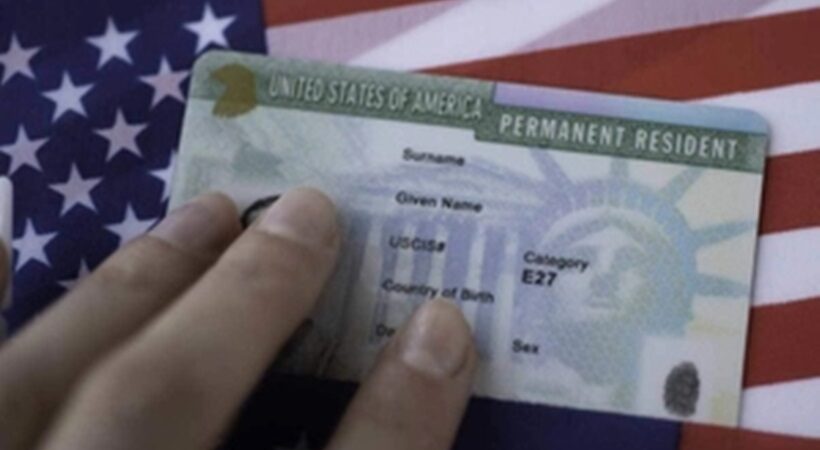Over 20 lawmakers recently wrote to the US Congress, urging it to create a permanent path to residency for ‘documented dreamers’ as part of the Budget Reconciliation Bill that is yet to come. Documented dreamers refer to children of long-term legal immigrants in the United States. Often, they are H-1, L-1, E-1 and E-2 visa holders ageing out of their dependent visa status on turning 21 years old.
Upon the proposal being accepted, numerous Indian families who find themselves struggling after their children age out will be benefited.
More than two lakh children and young adults live in the US as long-term non-immigrant visa holders dependents. They eventually grow up in the United States and study in American schools and universities. They subsequently contribute to the US economy when it comes to efficiency and vibrancy.
However, they can be forced to self-deport after they age out of their dependent visas. Documented Dreamers are not eligible for protection under DACA (Deferred Action for Childhood Arrivals) or the work authorization coming with it, as they have maintained legal status.
Indians are the ones who have had to face some of the longest wait times to be given a green card on account of country quotas. Some Bills have already been suggested to reform the process, but the US Congress is yet to approve them.
“After turning 21, Documented Dreamers are forced to obtain their own non-immigrant status if they want to remain in the United States. However, these options are limited and only temporary in nature. If they are unable to obtain their own non-immigrant status, they must make the untenable choice of remaining here with their families without status or returning alone to their country of birth…,” the letter, which was co-led by Indian-American Congresswoman Ami Bera and signed by 21 other Democrat lawmakers, said.
“There is strong bipartisan support for providing relief to Documented Dreamers, and we ask that you consider including all Dreamers — both those who came to this country without documentation as well as young people who have maintained status as dependents — in any upcoming reconciliation bill,” the Bill added.



















